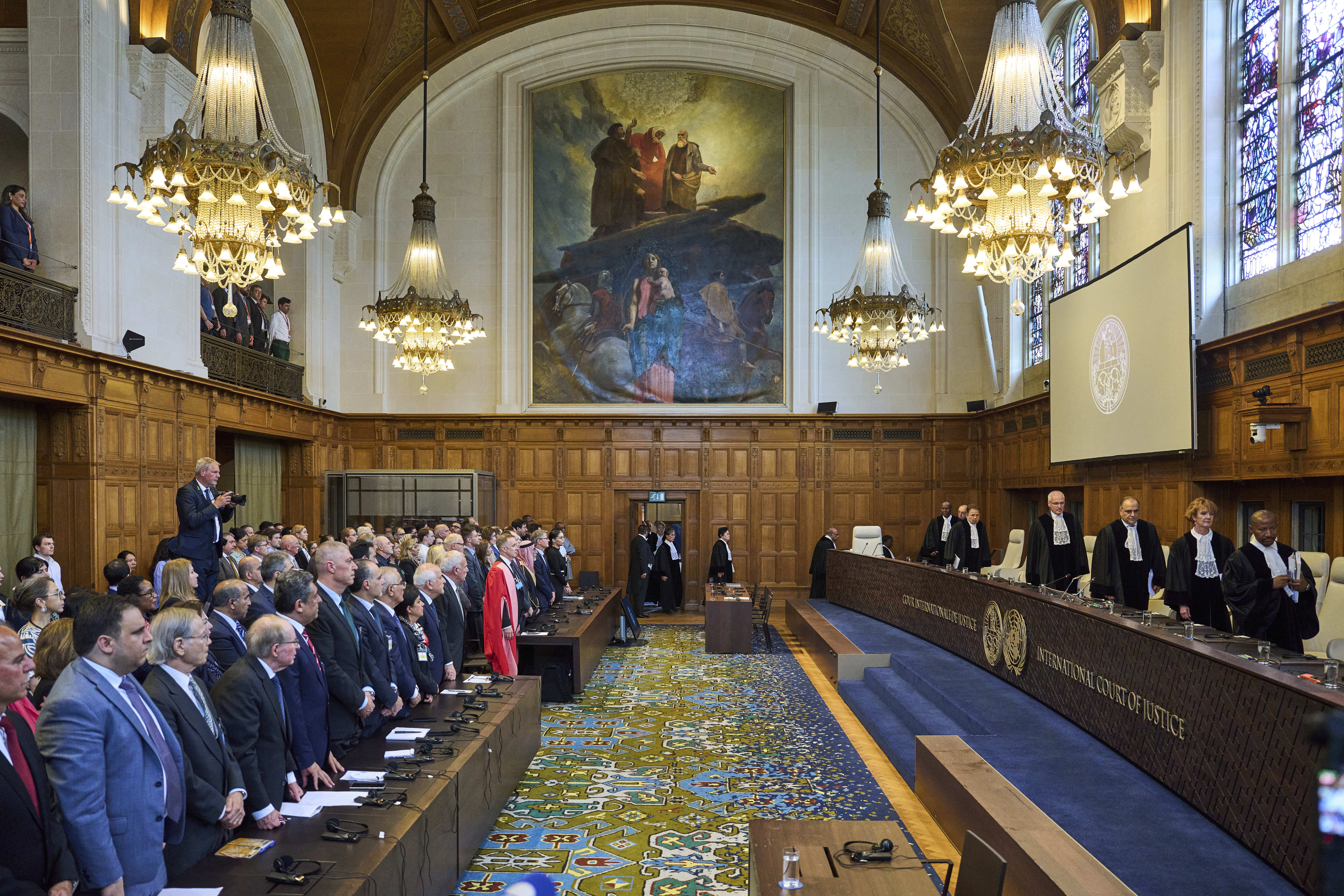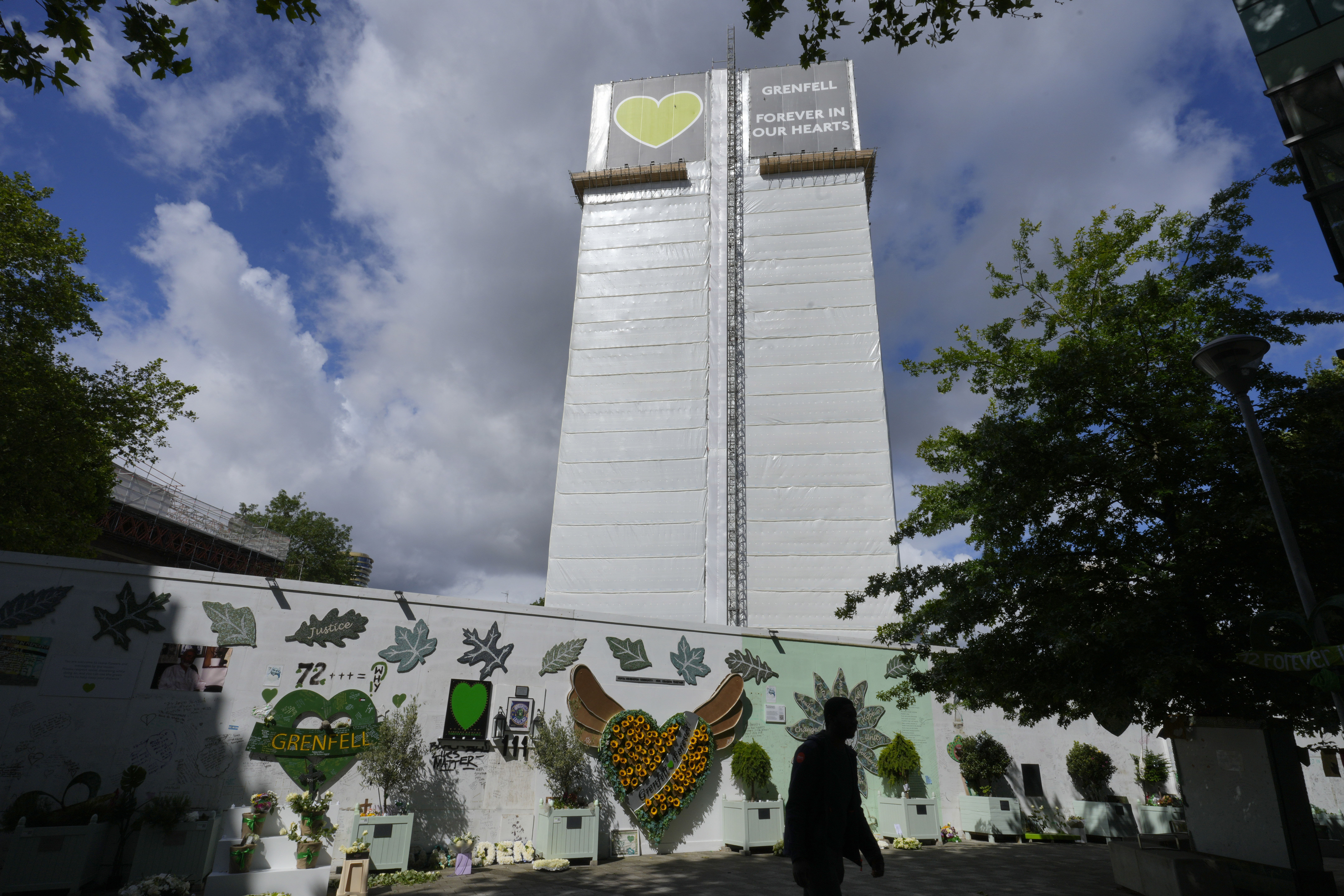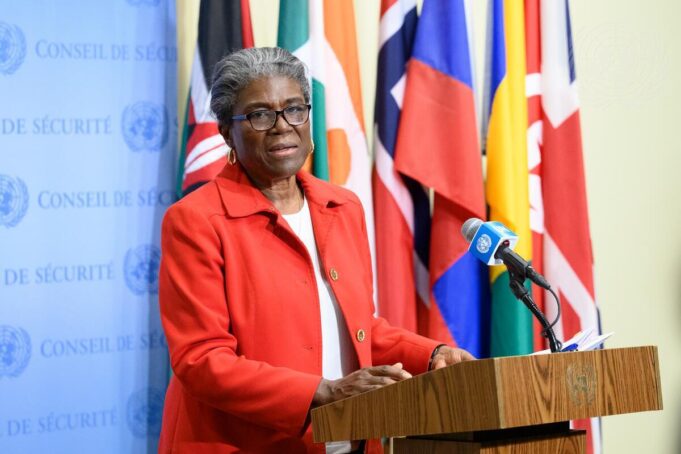As the global community prepares for the 79th session of the United Nations General Assembly scheduled for Sept. 22-23 in New York, Linda Thomas-Greenfield, the U.S. ambassador to the UN, appealed to her African counterparts by offering them two permanent seats on the Security Council.
According to theafricareport.com, countering accusations of imperialism from rivals such as China and Russia, Thomas-Greenfield said she embarked on a “listening tour” two years ago after President Joe Biden announced his support for an expanded African presence at the UN and that she has now unveiled a specific proposal.

“It’s what our African partners seek, and we believe, this is what is just,” the U.S. ambassador said during a Sept. 12 speech at the Council on Foreign Relations in New York.
She added, that while the continent has three non-permanent seats on the Security Council that doesn’t allow African countries “to deliver the full benefit of their knowledge and voices,” reported africanews.com.
Cnbcafrica.com reported that the move arrived as the U.S. is seeking to repair ties with many of Africa’s 55 nation-states, who are unhappy with Washington’s support for Israel’s genocidal war in Gaza.
Thomas-Greenfield later clarified Washington’s position saying it opposes giving veto power to the African countries that would hold two permanent seats because the veto makes the Security Council’s work “dysfunctional,” which she failed to explain. The news site also reported that this “shows the limits in the amount of power Washington wants to give to any other country.”
The February 2024 UN Security Council Report titled, “The Veto,” explains “beyond permanency itself,” the veto power is probably the UN Charter’s most significant distinction between permanent and non-permanent members. Giving Africa two permanent seats without veto power is a symbol without substance.
The states, “Permanent members use the veto to defend their national interests, to uphold a tenet of their foreign policy or, in some cases, to promote a single issue of particular importance to a state.
Since February 16, 1946—when the Union of Soviet Socialist Republics (USSR) cast the first veto on a draft resolution regarding the withdrawal of foreign troops from Lebanon and Syria (S/PV.23)—the veto has been recorded 293 times.”
Veto power gives permanent members China, France, the Russian Federation, the United Kingdom and the United States the ability to block any substantive resolution, including those on membership admissions and Secretary-General selections.
The veto power is so strong that it’s sometimes called the “great power veto” or “great power unanimity.” Add to that, if a permanent member votes against a resolution that resolution does not move forward.
The UNSC is comprised of 15 member states, five permanent members and 10 non-permanent members elected for two-year terms by the General Assembly. The potentially most influential bloc in the 193 member states of the UN General Assembly is the continent of Africa, with its 55 nation-states.
The history of Israel’s relationship with Africa is principally to influence the UN General Assembly. In 2005, the African Union (AU) adopted a common African framework for UN reform, known as the “Ezulwini Consensus” that called for Africa to be granted no fewer than two permanent seats “with all the prerogatives and privileges of permanent membership including the right of veto” and five non-permanent seats.
According to theafricanreport.com in a Sept. 17 piece titled: “U.S. push for more African seats at the UN reveals continental rivalries,” Julian Pecquet explained “What Africa wants, however, is far from evident.
While the U.S. interest in sparking debate over long-awaited reforms has been well received, the specifics—who should benefit, whether permanent seats without veto power are worth it, and the financial burden of an expanded role—have triggered a spirited debate among African officials.”
The article noted former Kenyan envoy to the UN Martin Kimani’s concerns that the security council appointments could cause divisions among African countries.
“Ask: How does having one or two African countries … further collective African interests?” Kimani posted on X; the article stated. “By the time Africa tears itself apart politically to choose those two countries—a fight that will be egged on by global powers—we will end up with deep division, possibly in perpetuity,” Kimani posted.
Looking closely at possibly who this deep division serves you run into the substance of the UN-hosted “Summit of the Future,” scheduled for Sept. 22-23 in New York.
Unfortunately, noted inequality.org, the draft action plan for the summit while “with some good intentions, does not challenge the neoliberal model or corporate control of the global economy.” On the contrary, it proposes, for example, to “facilitate access of developing countries to the WTO (World Trade Organization) and promote trade and investment liberalization.”
It’s astounding that this plan, which is supposed to serve as the basis for an inter-governmental agreement, is so stuck in the past, but this year may also include a fight over two symbolic permanent seats at UN Security Council.
Follow @JehronMuhammad on X













